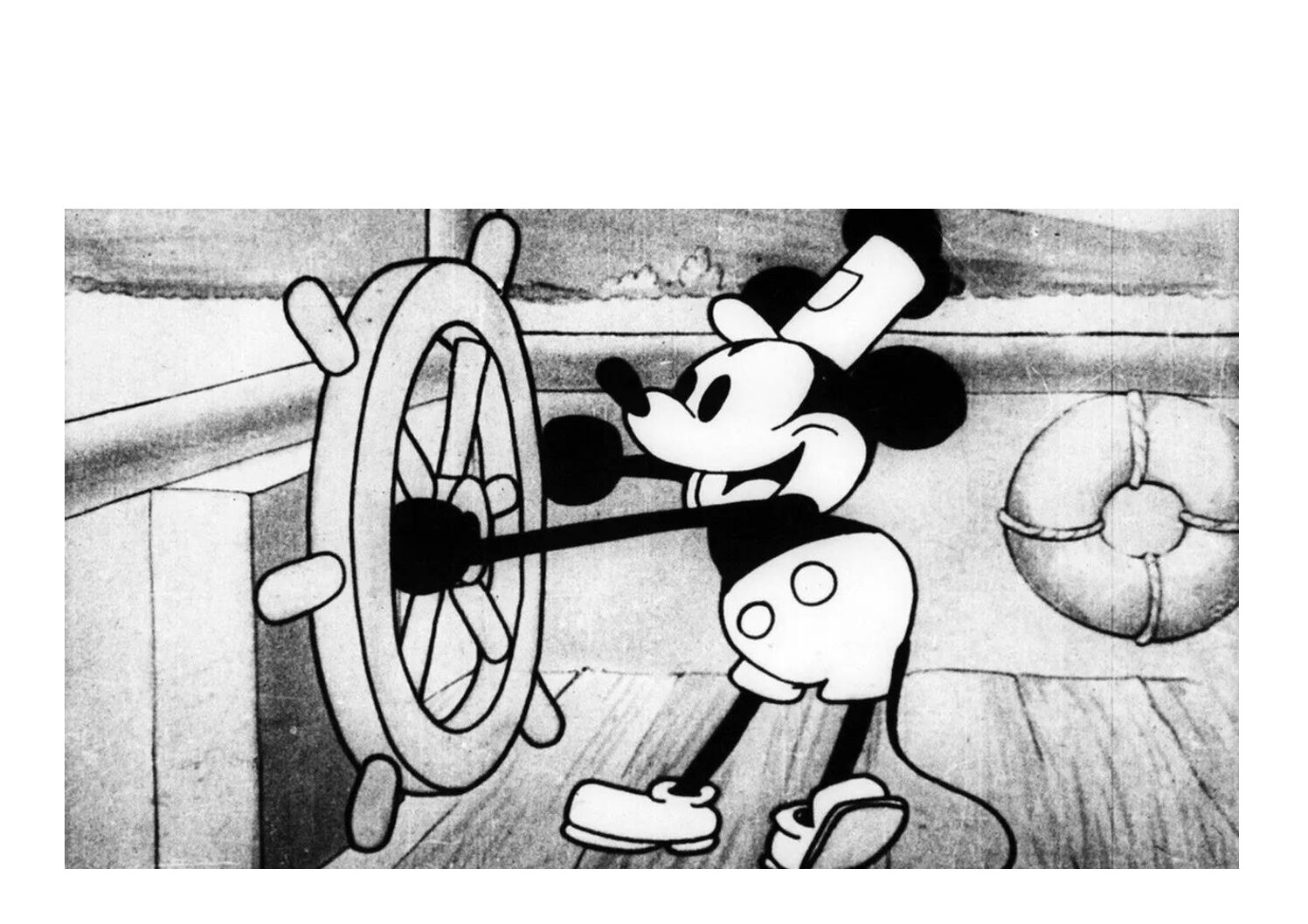Okay, I admit that reading this report made my heart beat a little faster. Internet Archive, known for providing the indispensable Wayback Machine, recently made a huge collection of antique MS-DOS games available. More than that, using an adapted version of DOSBox, you can play the games directly in your own browser. There goes my spare time (i.e. productivity).
This obviously makes a perfect subject for the second instalment of our ‘SOLV test’ blog series, which, of course, has nothing to do with my growing up in the 1990s and having played most of these games myself. So, on my night off last night (i.e. during office hours) I played Prince of Persia and Street Fighter II and, for a moment there, I felt 13 again. What a joy.
Prince of Persia, I need to get the hang of it again…
Am I losing to Chun-Li for real?
Is it as easy as that?
That is the obvious question. Although this situation involves abandonware – software that the owner stopped commercialising and supporting a long time ago – the term of protection of the copyright to the games has far from expired. That term is 70 years after publication, which means that Prince of Persia will not lose its copyright protection until 2060 at the earliest.
Is Internet Archive allowed to make these games available online as early as now? It is not crystal clear exactly how the platform works, but to all appearances these copyrighted works are being reproduced and published. Consequently, archive.org must in principle obtain the owner’s consent, unless one of the exceptions to copyright applies.
Exceptions
No matter how badly I would want it to, it would appear that none of the exceptions qualifies in this case. Below I will discuss the two most probable ones in greater detail.
Decompilation for interoperability purposes
Section 45m of the Dutch Copyright Act stipulates that the reproduction of the code of a computer program and translation of its form to achieve interoperability with another program do not constitute copyright infringement. Is that a solution for archive.org’s conduct? Unfortunately, it’s not. Even if Internet Archive were to satisfy the strict requirements of this section of the law, it wouldn’t suffice as the exception applies only to the reproduction of the software, not to its publication.
Orphan works
An orphan work is a copyright protected work whose owner is, briefly stated, unknown. An imminent legislative change will add an exception to the Copyright Act for the use of orphan works. As a result, the reproduction or making available of a work within the framework of a public duty, when a diligent search has failed to identify its owner, will no longer constitute copyright infringement. Could this be a solution for archive.org? So it would seem, given that the owners of many of these computer games have simply ceased to be and it is virtually impossible to discover the identity of the party holding the rights today, to the extent that these rights are owned by anyone at all. However, the requirements extend beyond an unknown owner alone. For instance, for some reason (probably an obscure one) only the works specified in Section 10(1), subsections 1, 5 and 10, of the Copyright Act qualify for orphan work status. They are books and other writings, musical works and cinematographic works, respectively, so no computer programs.
Assertion unlikely
Yet many of these games currently have zero commercial value as it is increasingly difficult to play them on today’s fast computer systems. DOSBox gets you quite a way, but then there is the issue of legally obtaining the DOS version of the program. This limited commercial value is in fact most likely the reason why the owners, if still in existence, hardly assert their copyrights to these games. There’s nothing in it for them, so the assertion costs outweigh the benefits. If owners nevertheless see a point in asserting their copyrights, Internet Archive will have a genuine problem on its hands. But for now, it’s back to Prince of Persia: grand vizier Jaffar still has the princess locked in the tower.






